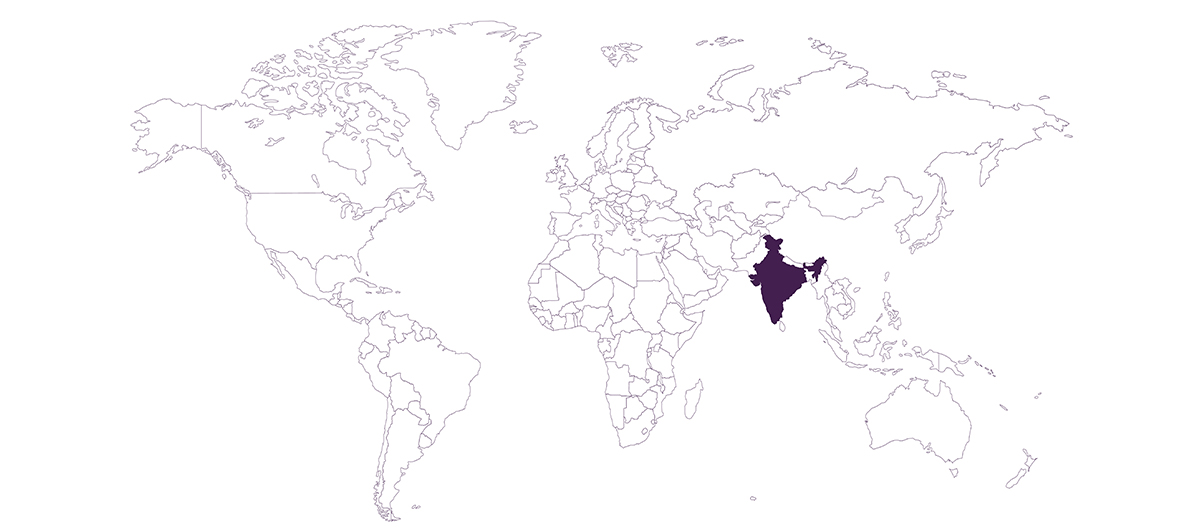 It is likely that there is going to be greater geopolitical turbulence and conflict than was seen in the past three decades. Climate change, terrorism, cyberspace, trade and infectious diseases are all global issues. Qualitatively, the significance and power of these issues along with the number of them is fundamentally different from the past.
It is likely that there is going to be greater geopolitical turbulence and conflict than was seen in the past three decades. Climate change, terrorism, cyberspace, trade and infectious diseases are all global issues. Qualitatively, the significance and power of these issues along with the number of them is fundamentally different from the past.
The U.S. was an architect of the post World War II world. The country built institutions, created alliances and was a world leader, in many aspects. Today, however there are a lot of doubts about whether the U.S. is fit to maintain that position. The coronavirus has a lot of steam left, there are wildfires in California and storms in the central states and foreign governments are interfering in the election process. On the plus side, the U.S generates millions of jobs because of international markets. Immigrants from the world proved to be an asset for the U.S. economy.
India too has played a key part in world history as a developing economy that was a favourite when it came to FDI. By opening up her economy in 1991, India has created millions of jobs and is set to tap in the demographic dividends the country has to offer. However, the political landscape in India is changing, making it difficult to predict future policy and trends. There were border disputes and large scale damage caused by cyclones during the pandemic. Therefore, it is likely that we will see more turbulence in the geopolitical realm with tectonic shifts in the world order.
It is understandable then for us to see a resistance towards globalisation. When companies reviewed supply chains, they thought about cost optimisation, efficiency and lean inventories. Looking back, it is unlikely that any supply chain now will be fully dependent on a single source for raw materials.
The momentum for domestic stockpiling and local production has picked up. We will also see an emphasis for domestic production as a means to increase employment. However, each country trying to figure out its own supply chain independently may not be the best way forward. It might be more beneficial for all countries to work on a solution collaboratively else it might start to look like protectionism.
It is important for all countries to remember that global issues are pertinent to everyone and globalisation is a household phenomenon. Countries can find like-minded partners which may be at odds with the all-or-nothing perspective that the United Nations tends to have. Thus, it might be enough to get 40 nations onboard to work on a particular challenge be it laws for the internet or climate change. Going forward, if such partners called “coalitions of the willing” by Richard Haas were to accept exports, the exporting country will have to meet the climate related standards that have been set. This approach might be more effective than what we have come to agree on with respect to climate change so far. In sum, companies will have to start meeting standards set by different regions.
International organisations today have outlived their utility as they were created post 1945. If the United Nations was being thought of today, it is highly unlikely that the Security Council would be conceived as it exists today. If we take the Paris Agreement on Climate Change and assume that all the countries lived up to their pledges- it would still not be enough in today’s scenario. When it comes to the internet, there is no international consensus.
“International community” is an oft used term in business. Looking forward, fewer countries will collaborate multilaterally and be selective in participation as well. For example, if a dozen countries want to work together on an IT solution, they will collaborate with Google, Facebook, Apple and Twitter. If these countries want to solve for a health related challenge, they will bring big pharma and Gates Foundation to the table. So multilateralism might become more narrow with fewer countries participating but more broad because non-government entities will also be participating in the decision making process.
Businesses can no longer play the role of an observer, they have to become participants and shapers of the future. It is in a business’ interest to make more conscious choices with respect to the environment- legal, political and economic. It is better for companies to have global standards and be involved in issues that are related to the sector they belong to. Businesses then need to have their own public and foreign policy and think through negotiations, institutions that impact welfare in a more proactive manner.
Creativity will be of the essence for companies to navigate this new change. Few people have the knowledge and warewithal of economics, politics, law and technology. Interdisciplinary teams will need to work together and solve these challenges.









